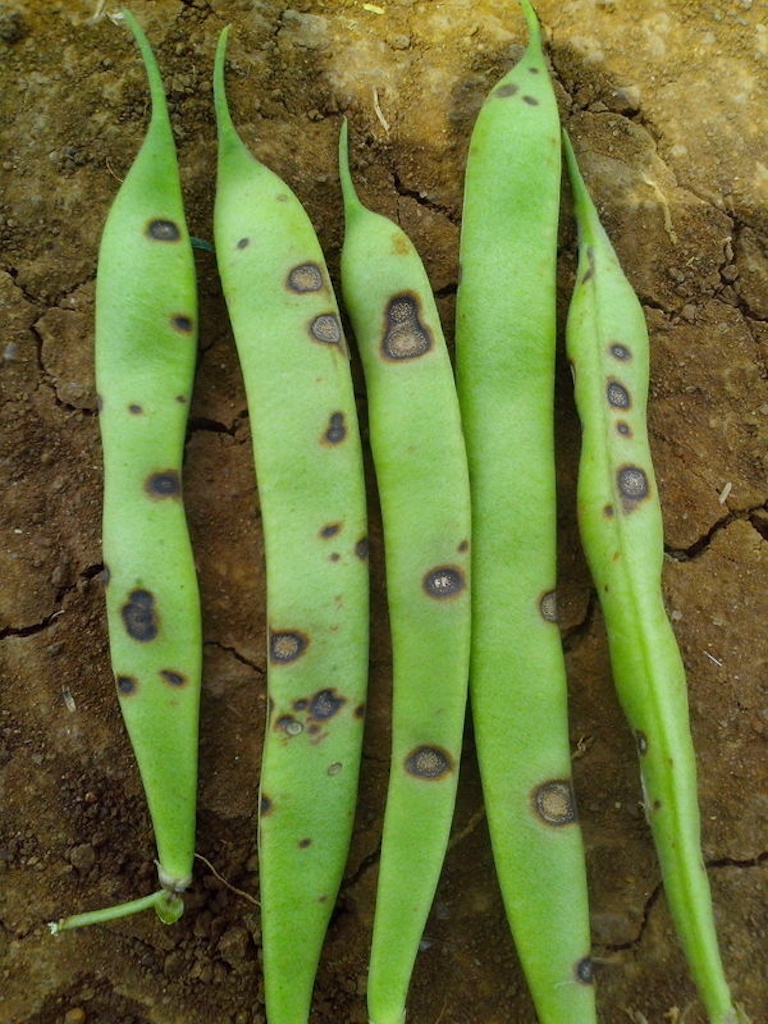What is ICM?
Food security, food safety and environmental sustainability are critical challenges for the growing population.
As the number of people on the planet passes nine billion by 2050, demand for food is expected to increase by 70%. At the same time, there is currently no human activity today that puts more pressure on the natural environment than agriculture.
Approximately 50’000’000 km2 are being used for farming, representing one-third of the planet’s total land surface. Changing climate, unpredictable weather patterns, urbanisation, new legislation and global trade are putting increasing pressure on agricultural producers and our environment. Farmers face critical decisions about crop management every day.
Action is needed now to support farmers around the world to yield sufficient and safe produce and avoid an imminent food crisis. One answer available today is Integrated Crop Management (ICM), a promising approach to regnerative agriculture.
ICM is increasingly recognised as an approach to sustainable crop production, enabling economically viable farming that integrates the needs of the environment and suits the local soil, landscape and climate. Ensuring food safety, and the safety of the community, ICM considers the ecological and socio-economic factors behind decision making by farmers.
ICM is not a rigidly defined form of crop production, but a dynamic approach that is constantly adapted to changing local conditions through the integration of local knowledge and the application of research and technology. In such a way, this approach can also safeguard the planet’s natural resources for the future.


